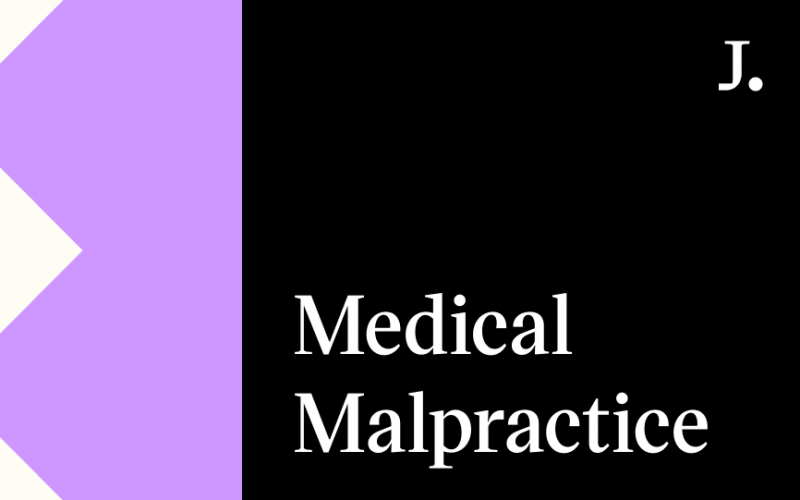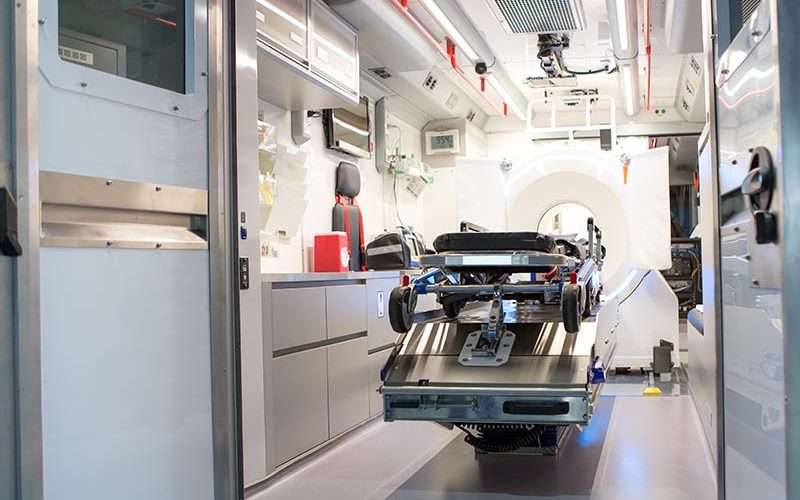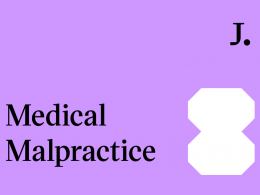Misdiagnosis, theoretically, should not happen, yet it’s on an alarmingly regular basis. It’s not the end of the narrative, though. This article would provide comprehensive answers to questions such as “do you have to pay for a misdiagnosis”Approximately one-half of all wrong diagnoses in the United States.
There are situations where a misdiagnosis can lead to harmful or lethal therapies that aren’t needed. For the more than 40,000 patients sent to intensive care units each year, that misdiagnosis could cost them their lives. Incorrect diagnoses might lead to expensive and unpleasant operations that are unneeded. Even if you survive the misdiagnosis, the delay in seeking the correct treatment can lead to months or years of suffering or permanent incapacity.
It should be unfathomable for a skilled and experienced health care practitioner to fail to identify your medical condition or misdiagnose your sickness appropriately, but it happens all the time. Patients are often forced to pay for doctors’ mistakes or negligence in misdiagnosing common ailments, which can be medically, emotionally, or financially damaging to them.
Misdiagnosis: What Should You Do Next?
Unbelievably, misdiagnoses occur at a higher rate than has been publicly acknowledged. While it’s not your role as a patient to prevent physician error, there are some things you may do to reduce the probability of misdiagnosis. When you’re in the doctor’s office, you can:
- Make a list of questions and ask the doctor if you don’t understand something;
- Consider bringing bloodwork and lab results from other doctors with you;
- Bring a copy of your medical history, as well as any current health ailments or concerns you may have;
- Make a list of all the medications you now use.
The diagnosis of a severe illness may necessitate a second opinion, or you may request a referral for a medical expert in the field of your diagnosis. To be sure that you receive the correct diagnosis, it is the responsibility of your doctor, not yours! But your overall health and well-being are what matter most. It’s better to be safe than sorry!
Calculating Medical Misdiagnosis Compensation Claims
In medical negligence lawsuits, there is no one-size-fits-all payout. When it comes to how much you get, there are many things to consider, such as:
- Type and severity of your health condition;
- The agony you’ve been put through as a result of medical malpractice.;
- the length of your recovery;
- Impact of medical malpractice on your general well-being;
- If your life expectancy decreases as a result of the wrong diagnosis.
Misdiagnosis claims can be made for two different damages in medical negligence cases ( General and special damages). The total amount you receive will be based on both of these damages combined in your situation.
Misdiagnosis can result in physical and emotional harm, which can be compensated under general damages. Compensation awards for misdiagnosis lawsuits are difficult to predict because they are based on the specifics of each case, making a general estimate difficult.
In contrast to special damages, general damages compensate for losses that cannot be quantified in monetary terms.
Understanding the Concept of “No Win, No Fee”
Claiming for a misdiagnosis might be confusing. A personal injury lawyer should always be hired. There are no upfront legal fees. A No Win, No Fee arrangement is typical among personal injury attorneys who believe you have a solid case.
You won’t have to pay a penny to the lawyer for filing the case or representing you in court. A misdiagnosis claim is only paid after the lawsuit is over and only if the lawyer wins it on your behalf. Payouts will be based on a percentage of the total compensation you received.
Contact us today for some free legal advice.
Keep reading to learn how do you dispute a medical misdiagnosis.
Dispute a Medical Misdiagnosis: What Are the Steps Involved?
A successful medical malpractice lawsuit stemming from misdiagnosis or failure to diagnose requires that a patient demonstrate three essential elements:
- There was a doctor-patient relationship in place at the time of the claimed diagnostic mistake;
- Negligence was to blame for the doctor’s error;
- Failure led to injury for the patient.
Don’t fight your battles alone. Speak to a qualified misdiagnosis attorney now.
Do I Have to Pay a Doctor if He Misdiagnoses Me?
Paying for services delivered is a must. As a result of not paying this bill on time, your credit rating will suffer. You’ll need a court or jury to determine that the doctor misdiagnosed your condition.
This is a question that only you can answer. Did you even have one doctor or medical expert at the new hospital who claimed they would act differently under the same circumstances? To file a malpractice claim, you must have this evidence.
We hope this clarifies the question, “do I have to pay a doctor for a misdiagnosis” and help you make an informed decision.
My Doctor Misdiagnosed Me, so Am I Entitled to a Refund?
Victims of medical misdiagnosis always wonder,” can I get my money back for a misdiagnosis” after a traumatic event that leads to direct harm to their health.
A malpractice claim against the doctor who made the incorrect diagnosis if you or a loved one needs additional medical treatment.
If you believe that the doctor or the urgent care facility acted improperly, you can file a complaint with the facility’s management or the state licensing board.
Learn more about tips for avoiding, battling, and paying for unanticipated medical expenses.
Combating Medical Bills: A Step-By-Step Guide to Win
If you think about” can, I dispute medical bills due to misdiagnosismisdiagnoses.”Follow these guidelines to improve your chances of getting an overcharge or an insurance refusal restored, no matter your billing issue.
- Get a breakdown of the bill;
- Talk to your medical provider;
- Get in touch with your insurance provider;
- Proper documentation;
- Gather evidence;
- File an insurance appeal;
- Get help from Justpoint.
Contact Justpoint for prompt assistance to maximize the financial gains from your misdiagnosis.
Concluding Remarks
Medical misdiagnosis in the United States is widespread. Bringing a medical malpractice case on your own might be tricky. An experienced medical misdiagnosis attorney is a wise investment, especially if you wish to challenge your medical costs or pursue the total amount of compensation you deserve. Justpoint can connect you with a medical misdiagnosis lawyer who has a proven track record of success in your case.












